By Waheedah Shabazz-El, PWN-USA Director of Regional Organizing
Introduction
“Unapologetically Black” was a major theme amongst more than 1,500 Black activists and organizers in attendance at the 1st National Movement for Black Lives Convening, held July 24-26, 2015, in Cleveland, Ohio, at Cleveland State University. I arrived of course as a Stakeholder and an HIV Activist representing PWN-USA, Philadelphia FIGHT, and HIV Prevention Justice Alliance (HIV PJA) — intent on helping to shape the landscape of the new Black Movement through identifying critical intersectional opportunities for movement building. Highlighting the implications of HIV Criminalization Laws and how they tear at the very fiber of the Black Community.
Something else happened for me as I disembarked the transit bus and approached Cleveland State University, something rather enchanting. I was eagerly greeted by young adults whom I had never seen or known, with unforeseen energy of reverence, respect, and appreciation. Warm smiles, head nods, door holding, bag reaching; along with verbal salutations of “good morning beautiful,” “good morning Black woman,” “good morning sister,” and “Black Love.” All this just for showing up, just for being there, just for being Black.
I soon realized there was another transformation going on here, because in my mind I was arriving as this “kick ass activist.” However, I was being seen and greeted through a prism of unanticipated reverence. I was being greeted as an elder — a tribal elder. Yes I showed up. Yes I was there. Of course I was Black – but beyond that, I was being bestowed the honorable identification as a Black Tribal Elder. A Black Tribal Elder who (now in my mind) had been summoned here to help shape the foundation for real Black Liberation.
Each person that greeted me was cheerful, kind, and jovial, yet maintained an unspoken seriousness which I came to understand to be a greeting from a deeper place inside each of us. It was utterly amazing. Our spirits were meeting, touching, embracing, and speaking in unison, saying to each other: “We are here to be free.”
Day One, July 24
Day One of the conference and I was already hyped. Feeling grand and safe and appreciated, it was time to get down to work. Registration was seamless (since folks at the front of line called my name); then we were off to the opening ceremony. Greetings, salutations and introductions of the founders of the movement, local leaders and honoring of family members of young lives taken much too soon. The highlight of the opening ceremony for me was when Black Lives Matter cofounder Alicia Garza took us on a poetic history journey honoring the city of Cleveland for their leadership in the history of the Black struggle: From Ohio’s long and rich history as a hotbed of Underground Railroad activity to the 1964 Cleveland schools’ boycott to protest segregation to the 1st National Movement for Black Lives Convening.
The panel connecting HIV to the Movement for Black Lives was next and entitled “The Black Side of the Red Ribbon.” Panelists Kenyon Farrow, Deon Haywood, “young” Maxx Boykin from HIV PJA, and myself were given the opportunity to bring Black AIDS Activism into perspective and shared our motivation and years of experience working alongside (the Black side) of other community members in the fight to address the HIV dilemma and the stigma surrounding it.
Later that evening, July 24, we were addressed as a mass assembly by several of the recent families who have lost loved ones to police brutality and state violence. Family members of Eric Garner, Rekia Boyd, Trayvon Martin, Mike Brown, and Tamir Rice and Tanisha Anderson — both local victims of police murder. There was also cousin of the late Emmett Till.
Day Two, July 25
Day Two was more of the same “Black Love,” “good morning Black Man” and an opening plenary, yet something a bit different occurred. The Movement for Black Lives made its first essential internal transformation without any resistance. The challenge was eloquently articulated by a delegation of transgender and gender-variant participants who were invited to the stage: “The Movement for Black Lives must be a safe place for all, and inclusive of all gender identities and sexual expressions.”
The delegation introduced a list of logistic challenges that were overlooked, which included: an application with more than two gender choices; trans*-related workshops spread out on the schedule and not all in the same time slot; conference badges that allowed preferred name and pronoun preferences; and use of gender-neutral restrooms. In addition, the delegation offered some “not-so-gender-specific” language. Instead of referring to one another as brother and/or sister, we could use the word “Sib” (short for sibling) a more inclusive term. On the website, the Movement for Black Lives Mass Convening was framed as a space and time that would be used to “build a sense of fellowship that transcends geographical boundaries, and begin to heal from the many traumas we face.” So the transformation is to build a sense of siblingship, instead of fellowship.
“HIV Is Not a Crime, Or Is It” was the title of the panel I participated in later in the afternoon on Day Two, and it was a blast – aka a huge success. An expert panel with Marsha Jones, Kenyon Farrow, Bryan Jones, and I fiercely articulated how HIV Criminalization laws disproportionately affect and break down the very fiber of Black Community: their implications on Black Women, their children and Young Black Gay Men, and the impact the laws were having on public health within our Black Community.
Day Three, July 26
In the closing strategy sessions, HIV criminalization was kept on the agenda of the Movement for Black Lives. Ending HIV is a must and it will take a movement, not a moment, to take on the issue of ending yet another way of policing Black communities – this time through legal discrimination of people living with HIV.
All in all, the Movement for Black Lives was a gathering where we connected to Black love, Black leadership and Black power, Black culture, Black art, and the Black aesthetic in music. The convening included an amazing workshop on “Building Black Women’s Leadership.” The Movement for Black Lives’ journey continues as we commit our energy toward deepening and broadening the connections that were made at the convening. Again: It’s a Movement not a moment.
Black women, Black men, Black youth, Black elders, Black artists, Black straight people, Black queer people, Black trans* people, Black labor, Black Muslims, Black Christians, and Black Panthers. We laughed together. We cried together, and cheered for one another. We challenged each other and shared life experiences. We shared resources, studied together, and created new networks. We debated. We danced. We chanted. We partied together. We healed. I left there pumped with pride, chanting continuously in my head:
I I believe I believe that I believe that we I believe that we will I believe that we will win! And #wegonnabealright.Waheedah Shabazz-El is a founding member of PWN-USA and serves as PWN-USA’s Regional Organizing Director. She is based in Philadelphia.



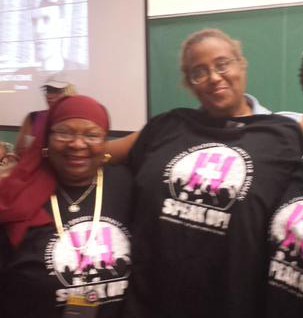



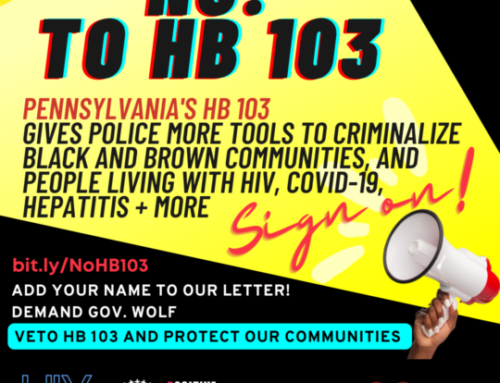
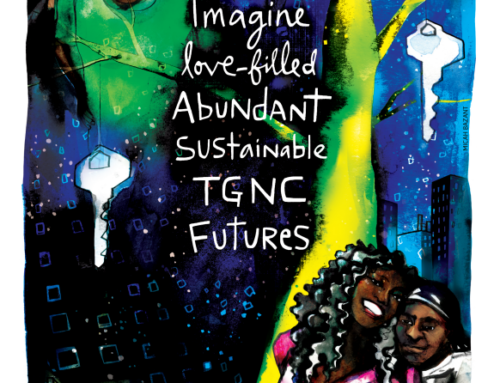
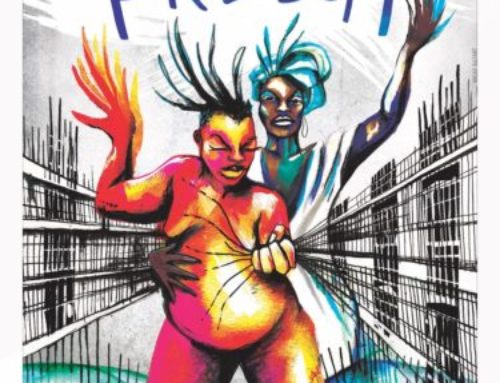
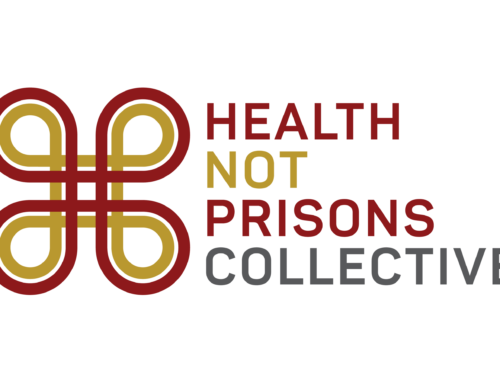
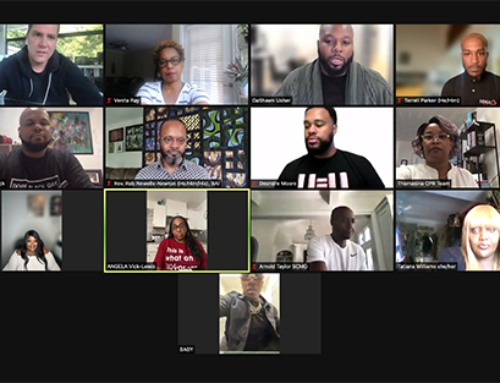
Wow I know PWN represented.I can cleary see those powerful individuals that attended
Thank you for sharing your experience with us Waheedah, sounds like it was a inspiring event. Thank you.